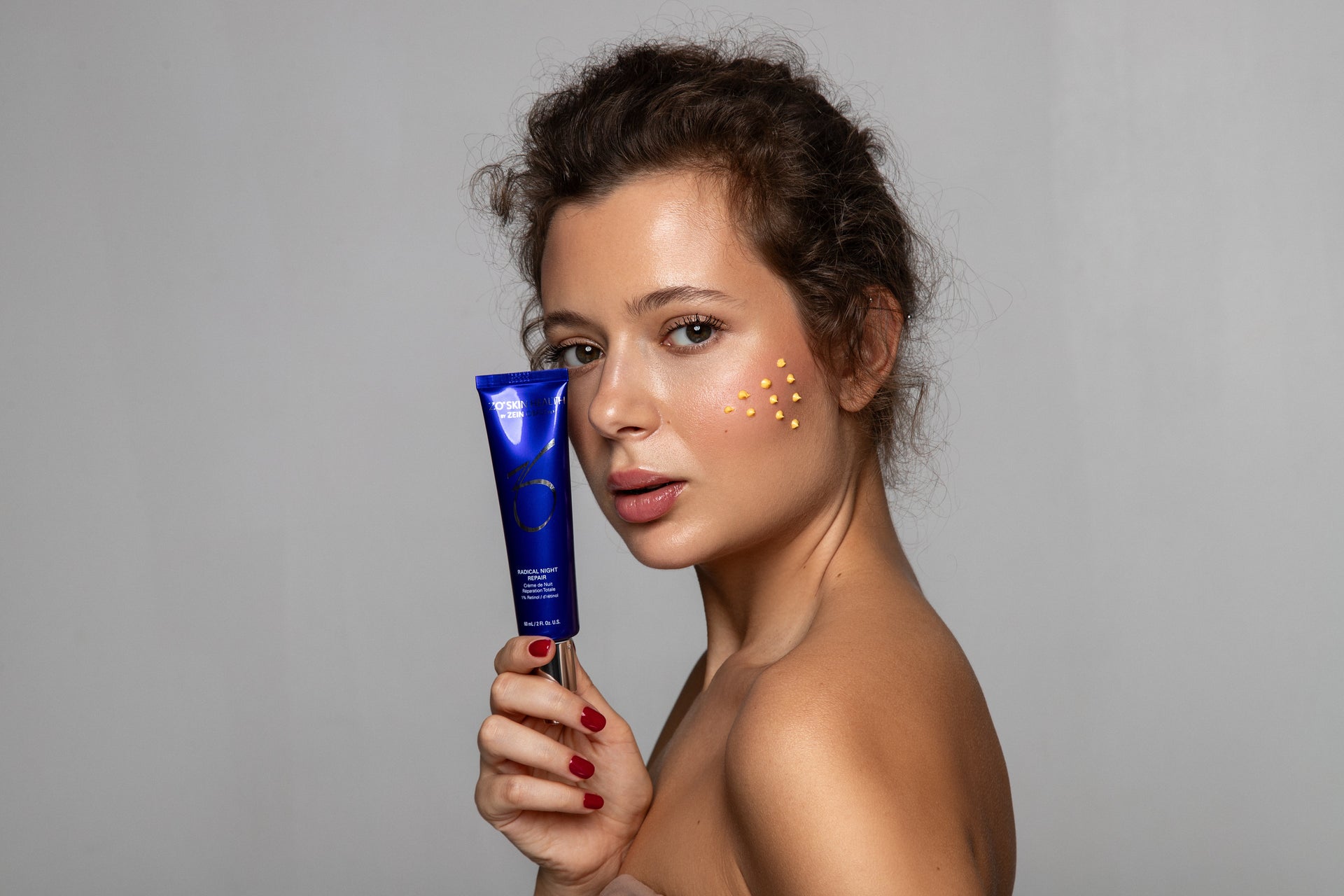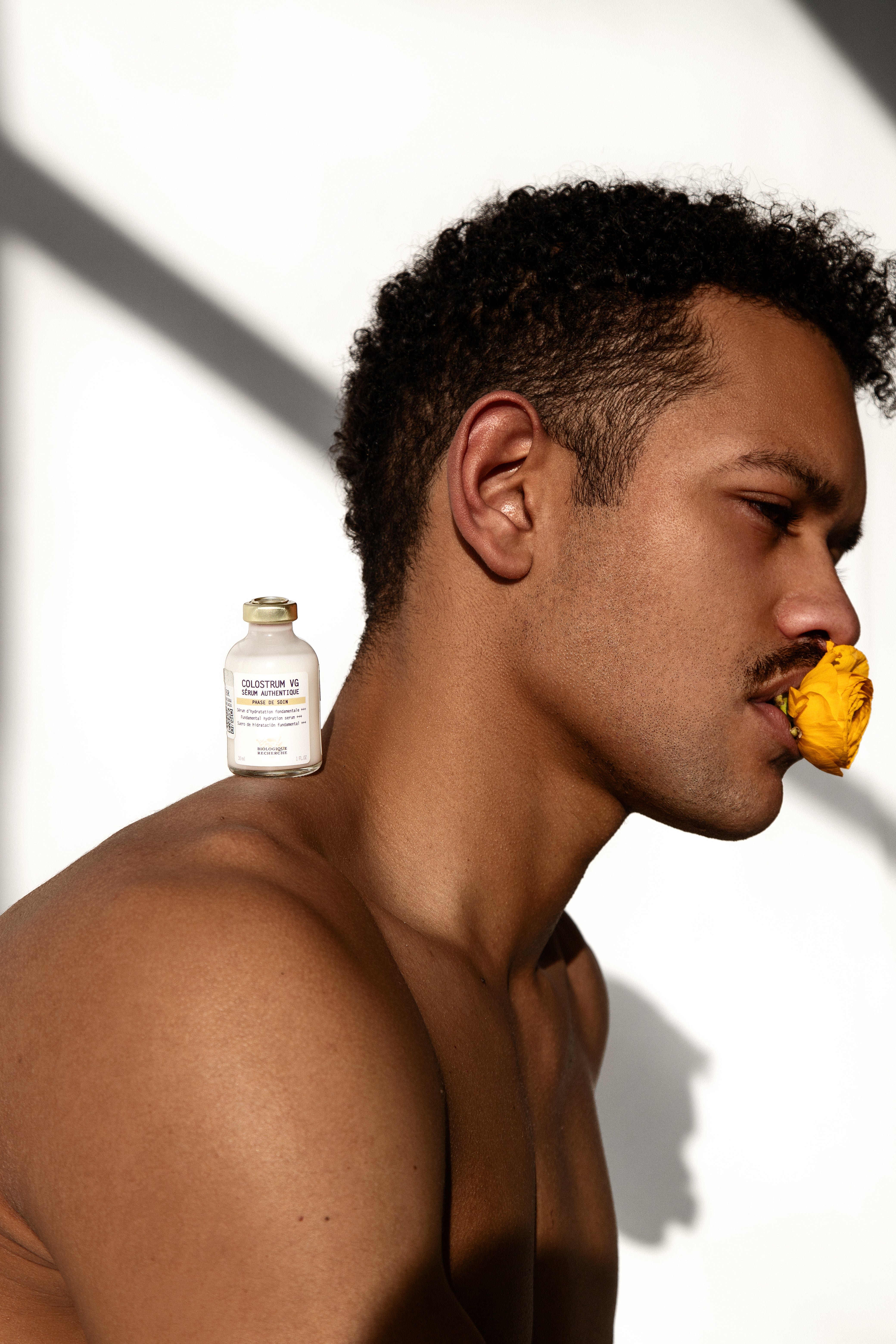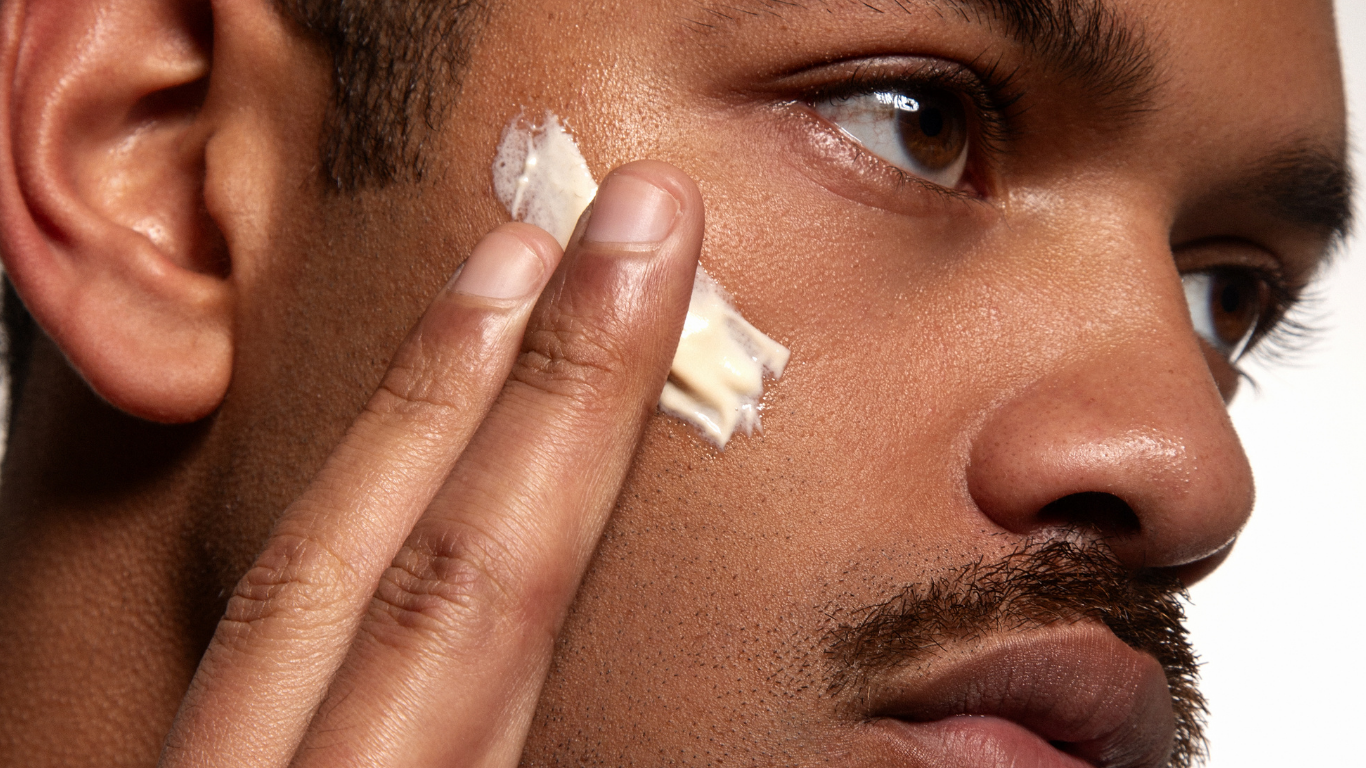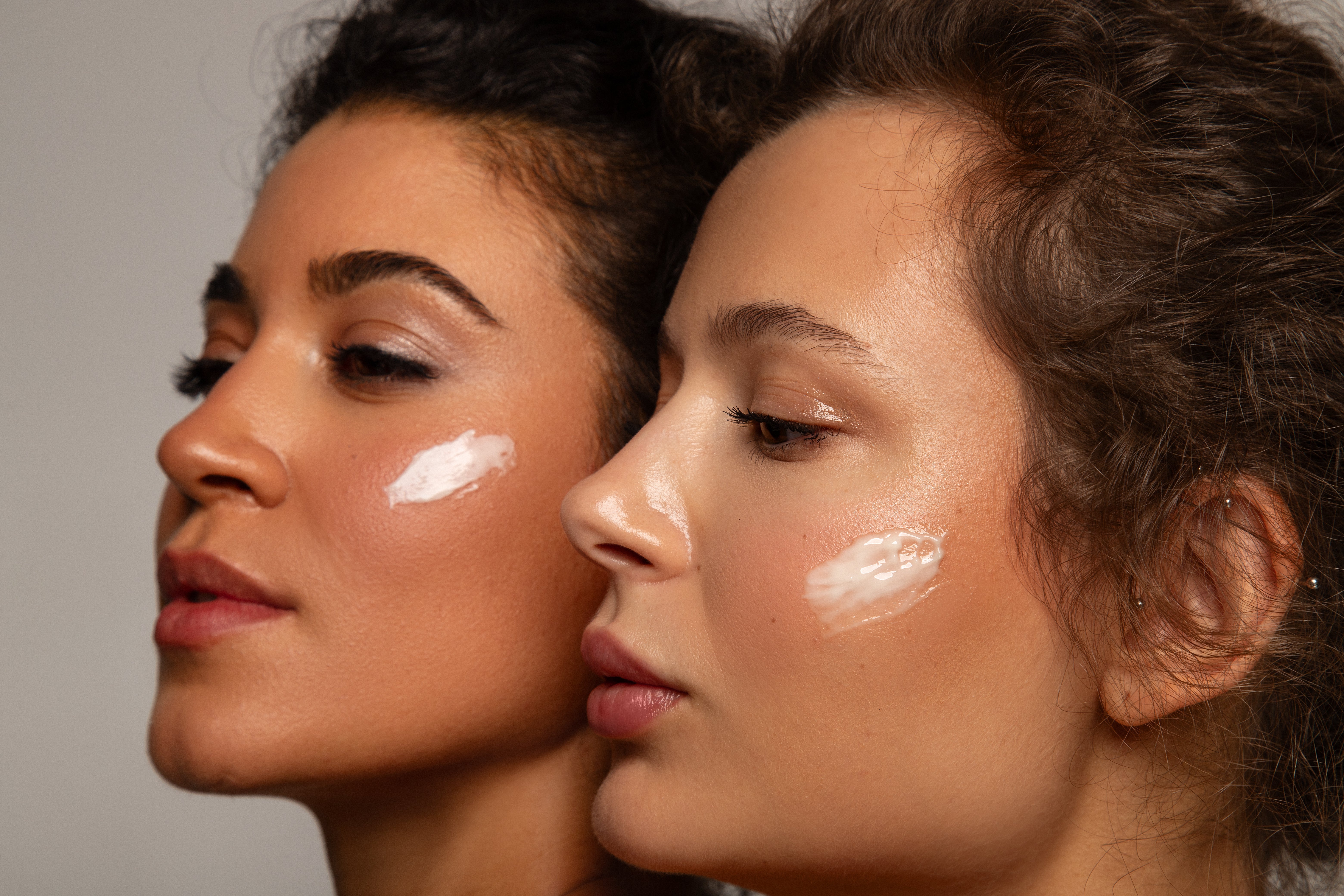Ever wondered if there's a skincare ingredient that truly lives up to its hype? As one of the most rigorously researched and effective ingredients in modern dermatology, Retinol is a game-changer for anyone looking to visibly reduce fine lines, combat stubborn acne, fade pigmentation, and achieve a smoother, more refined skin texture. It works by boosting your skin's natural cell turnover and collagen production. It LITERALLY turns back the clock on your complexion.

But with great power comes great responsibility (and a few potential pitfalls!). To truly harness Retinol's incredible benefits without irritation, understanding how to use it correctly is essential. That's where we come in! Baza Cosmetics is here to guide you through everything you need to know, from choosing the perfect product to mastering your application technique, ensuring your skin thrives.
What exactly is Retinol? A Deep Dive
At its core, Retinol is a derivative of Vitamin A, part of a family of compounds called retinoids. When applied to your skin, it undergoes a gradual conversion into retinoic acid – the active form that directly interacts with your skin cells. This powerful interaction orchestrates a cascade of benefits:
• Faster skin cell turnover
• Reduced sebum production and clogged pores
• Brighter and more even skin tone
• Stimulation of collagen and elastin production
• Reduced appearance of acne and wrinkles
Scientific studies:
• Kafi et al. (2007) – DOI:10.1001/archderm.143.5.606
• Mukherjee et al. (2006) – PubMed:18046990
Is Retinol Right For YOUR Skin?
One of the common myths about Retinol is that it's only for "mature" skin. Not true! Its diverse benefits make it suitable for a variety of skin types and concerns:
-
Oily and Combination Skin: Helps regulate oil production, keeps pores clear, and minimizes breakouts.
-
Acne-Prone Skin: Its anti-inflammatory properties and ability to prevent clogged pores make it excellent for fading post-acne marks and preventing future blemishes.
-
Normal Skin: Ideal for proactive anti-aging care, especially starting in your mid-20s when natural collagen production begins to slow.
-
Mature Skin (30+): Unlocks significant improvements in elasticity, firmness, and the reduction of visible fine lines and wrinkles by stimulating collagen.
-
Sensitive Skin: Don't count yourself out! Gentler forms like retinaldehyde or plant-derived alternatives such as bakuchiol can be introduced carefully. Always perform a patch test or consult a dermatologist.
Your Step-by-Step Guide: How to Introduce Retinol into Your Routine
Getting started with Retinol can feel daunting, but a slow and steady approach is key to avoiding irritation, often dubbed the "retinol uglies" (temporary redness, dryness, or flaking). Patience is your best friend here!
-
Start Low and Go Slow: Begin with a low concentration (ideally 0.1–0.3%) and use it just 1-2 times per week on non-consecutive nights. Gradually increase frequency as your skin adapts. A good rule of thumb for beginners is the "Rule of 3": use it 3 days a week for the first few weeks, then every other night, and eventually nightly if your skin tolerates it after 3 months.
-
Night-Time Only: Retinol is sensitive to UV light and can increase your skin's sun sensitivity. Always apply it as part of your evening routine.
-
Apply to Dry Skin: Wait 15-20 minutes after cleansing to ensure your skin is completely dry. Applying to damp skin can increase absorption too quickly, leading to irritation.
-
The Moisturizer Sandwich (Optional, but Recommended for Beginners): To buffer the effects, especially for sensitive skin, you can apply a thin layer of moisturizer before your retinol, and then another layer after for maximum hydration and to lock in moisture.
-
Sunscreen is NON-NEGOTIABLE: Because Retinol makes your skin more susceptible to sun damage, daily use of a broad-spectrum sunscreen with SPF 30-50+ is absolutely crucial – even on cloudy days or in winter. This protects your skin and ensures you reap the full benefits of Retinol.
What to Avoid While Using Retinol?
To prevent irritation and maximize efficacy, steer clear of the following:
-
Direct Sun Exposure & Tanning Beds
-
Harsh Treatments: Avoid chemical peels, aggressive scrubs, waxing, or laser procedures concurrently, unless explicitly advised by a professional. Always stop Retinol use at least 5 days prior to such treatments.
-
Mixing with Certain Actives (Unless Strategic):
-
Exfoliating Acids (AHAs/BHAs) & Benzoyl Peroxide: Using these at the same time can lead to over-exfoliation and irritation. Instead, alternate them on different nights or use acids in the morning and Retinol at night.
-
Vitamin C (L-Ascorbic Acid): While both are powerful, they are best used separately. Apply Vitamin C in the morning and Retinol at night.
-
Pregnancy and Breastfeeding: Retinoids are contraindicated during these periods. Consult your doctor for safe alternatives like bakuchiol, peptides, or azelaic acid.
-
Applying to Damp Skin: As mentioned, this significantly increases irritation risk.
-
Around the Eyes (Unless Designed For It): The skin around your eyes is extremely delicate. Use a retinol product specifically formulated for the eye area, or apply your regular retinol around the orbital bone, not directly on the eyelid or under-eye area
Choosing the Right Retinol Product for You: Explore the Baza Cosmetics Marketplace!
Navigating the world of Retinol can be overwhelming with so many options. Baza Cosmetics is your curated marketplace designed to help you find the perfect match for your skin's unique needs and tolerance levels. We feature a wide range of trusted brands, allowing you to compare products and read reviews from other users.
For Beginners:
Start with lower concentrations or gentler forms. Look for formulations that include hydrating and soothing ingredients like hyaluronic acid, ceramides, or niacinamide to minimize potential dryness and irritation.

For Experienced Users:
If your skin has acclimated well to lower strengths, you can gradually increase concentration to target more advanced concerns.



Gentle Alternatives for Sensitive Skin:
If traditional Retinol proves too irritating, or if you are pregnant/breastfeeding, plant-based alternatives offer similar benefits without the intensity.


When Will You See Results?
Retinol is a marathon, not a sprint. Consistency is key, and visible results take time. Don't get discouraged if you don't see immediate changes!
-
4–8 weeks: Expect smoother texture, fewer breakouts, and a subtle glow as cell turnover increases.
-
3–6 months: You'll likely notice reduced fine lines, improved elasticity, and a more even skin tone.
-
6–12 months: This is when the more dramatic anti-aging results become apparent – firmer, plumper, and significantly more even skin.
Summary:
Retinol is an undeniably powerful, evidence-backed skincare ingredient that delivers real, transformative results when used correctly and consistently. The keys to success lie in gradual introduction, unwavering hydration, diligent sun protection, and smart ingredient compatibility.
Baza Cosmetics is committed to being your trusted partner on this journey. Our marketplace offers a diverse selection of high-quality retinol products and alternatives, empowering you to find precisely what your skin needs. With patience, persistence, and the right products from Bazacosmetics, you can dramatically improve your skin's clarity, tone, and firmness, revealing a healthier, more radiant you.
Ready to start your Retinol journey?
Explore Retinol Products on Bazacosmetics.com today!



